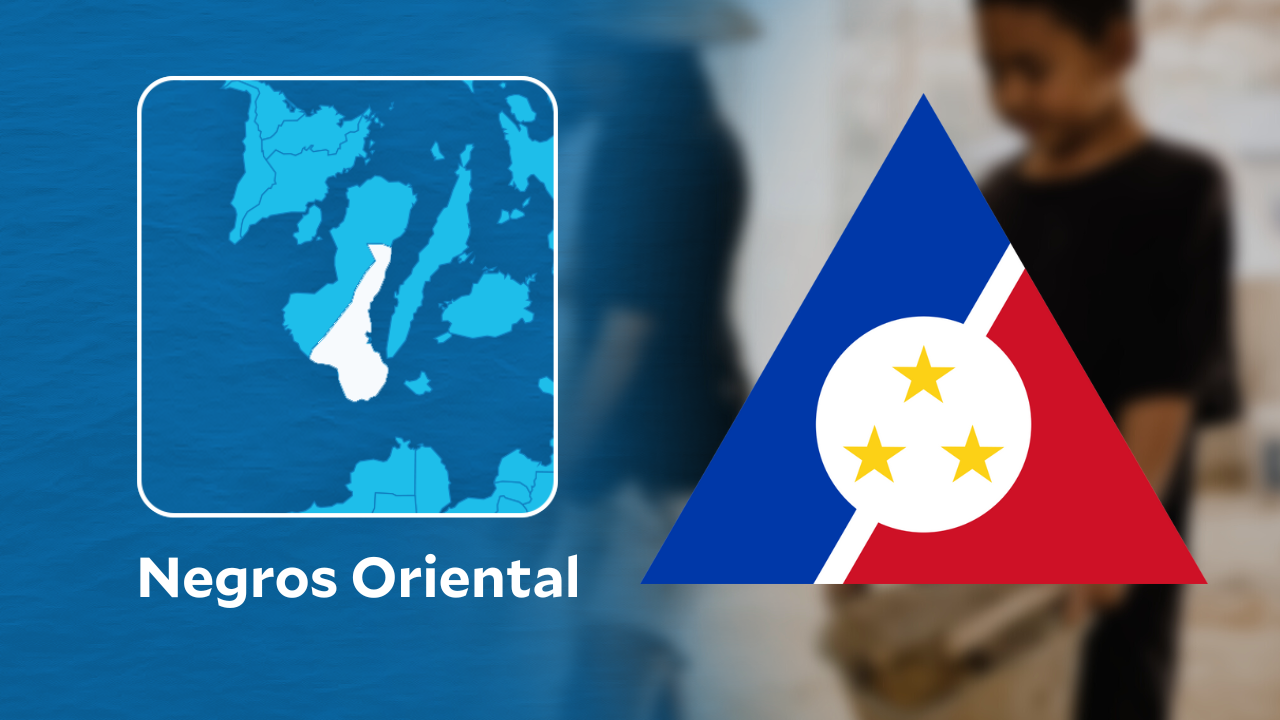DOLE steps up campaign vs child labor in Negros Oriental
CEBU CITY — The Department of Labor and Employment in Central Visayas (DOLE-7) has intensified efforts against child labor in parts of the region in a bid to end the exploitation of minors in the country by 2028.
DOLE-7 Regional Director Lilia Estillore said monitoring incidence of child labor is necessary to put an end to the problem hounding many families.
“It is necessary to track the status of the profiled children to ensure that the government interventions provided to them have yielded a positive impact in their lives,” she said in a recent interview.
Estillore said DOLE-7 is doing its best so that the needs of children are met through the implementation of the Child Labor Prevention and Elimination Program (CLPEP).
DOLE-7 also offers a program called Kabuhayan Para sa Magulang ng Batang Manggagawa which provides employment opportunities for the parents, guardians, or working-age siblings of child laborers.
The initiative seeks to contribute to the prevention and elimination of child labor.
“In the end, it is our hope to remove children from child labor, particularly from its worst forms,that deprive them of their childhood,” she said.
Last month, DOLE-7 interviewed and monitored at least 239 child labors and their parents in the cities of Bayawan and Guihulngan as well as the towns of Basay and La Libertad in Negros Oriental where child labor is prevalent.
Of the number, 104 came from Bayawan, 66 from La Libertad, 49 in Guihulngan, and 20in Basay.
Ma. Teresa Tanquiamco, officer-in-charge of the Negros Oriental Field Office, said they conducted various advocacy works and activities to raise awareness about child labor in the province.
“We hope more will support us in these advocacies since child labor is something very serious that affects children mentally, physically, socially, and morally,” she said.
Among the activities conducted by the CLPEP were information drive; collaborative meetings with other agencies and organizations; livelihood orientations; workshops and releasing of business carts; skills training; giving of school supplies, hygiene kits, vitamins, food packs, and clothes to children.
From 2018 to 2022, DOLE-7 has profiled 25,659 child laborers in the region who were given direct interventions by the department or referred to other agencies and organizations.
Of the 25,659 child laborers, 4,314 came from 40 barangays which are under the National Task Force to End Local Communist Armed Conflict or those exposed to insurgency problems.
According to Tanquiamco, 5,009 child laborers they profiled work at different farms in Negros Oriental, followed by 341 child laborers who are into quarrying, and 314 who are doing domestic household jobs.
A report from the Philippine Statistics Authority on Working Children Situation from 2019 to 2021 showed there were 1.37 million working children in the country. Of the number, 935,000 were engaged in child labor.
Central Visayas has the second highest incidence of child labor in the country at 10% or around 93,500. It also has the third highest incidence rate of working children aged 5 to 17 years old at 8.7%.
Child labor, according to Republic Act 9231, refers to any work performed by a child under 18 years old that subjects him/her to any form of exploitation or is harmful to his/her health and safety or physical, mental or psychological development.
The law, which amends Republic Act 7610 or the Special Protection of Children Against Child Abuse, Exploitation and Discrimination Act, mandates the government to provide special protection to children from all forms of abuse, neglect, cruelty, exploitation and discrimination, and other conditions prejudicial to their development including child labor and its worst forms.
“The state shall intervene on behalf of the child when the parent, guardian, teacher or person having care or custody of the child fails or is unable to protect the child against abuse, exploitation and discrimination or when such acts against the child are committed by the said parent, guardian, teacher or person having care and custody of the same,” it added.
RELATED STORY:
Child labor: The monster remains a threat in PH, worldwide
